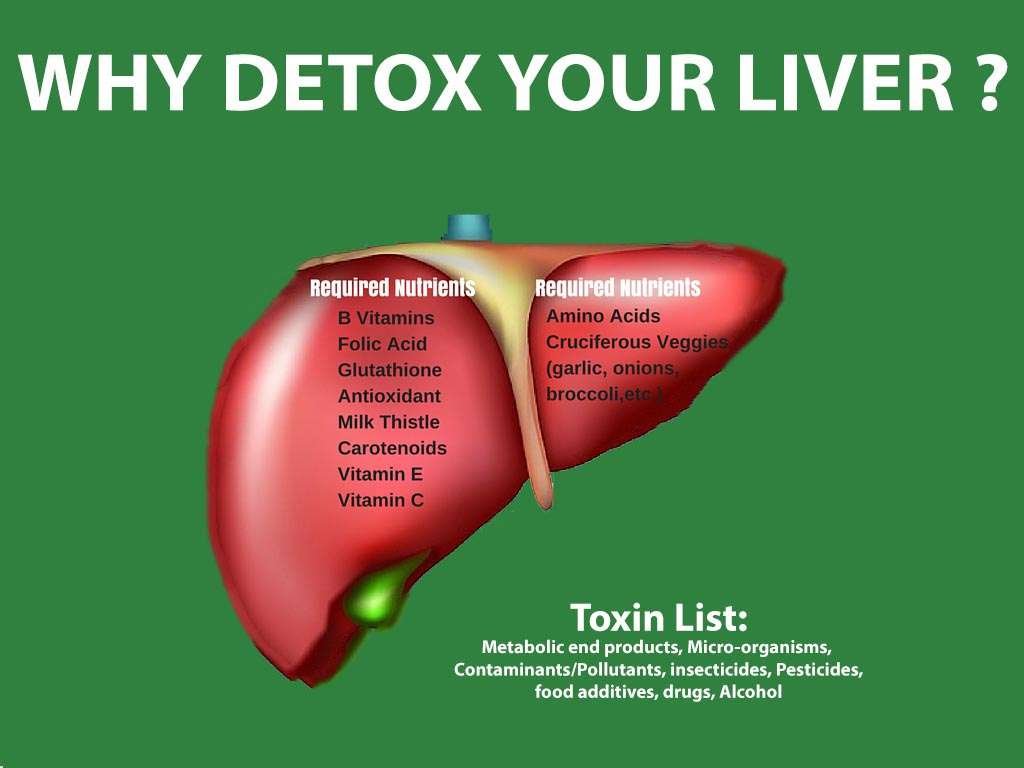To determine and calculate your total daily calorie needs, multiply your BMR by the appropriate activity factor, as follows: If you are sedentary (little or no exercise): Calorie-Calculation = BMR x 1.2. If you are lightly active (light exercise/sports 1-3 days/week): Calorie-Calculation = BMR x 1.375

To Calculate Your Calorie Needs, You Can Follow These General Steps:
- Determine your Basal Metabolic Rate (BMR): BMR is the number of calories your body needs to maintain basic bodily functions at rest. There are different formulas to calculate BMR, with one of the most commonly used being the Harris-Benedict equation:
- For men: BMR = 88.362 + (13.397 x weight in kg) + (4.799 x height in cm) – (5.677 x age in years)
- For women: BMR = 447.593 + (9.247 x weight in kg) + (3.098 x height in cm) – (4.330 x age in years)
- Factor in your activity level: Multiply your BMR by an activity factor to estimate your total daily calorie needs based on your activity level:
- Sedentary (little to no exercise): BMR x 1.2
Lightly active (light exercise/sports 1-3 days per week): BMR x 1.375
Moderately active (moderate exercise/sports 3-5 days per week): BMR x 1.55
Very active (hard exercise/sports 6-7 days per week): BMR x 1.725
Extra active (very hard exercise/sports and a physical job or training twice a day): BMR x 1.9 - Adjust for your goals: If you want to lose weight, you generally need to create a calorie deficit by consuming fewer calories than you burn. A deficit of 500-1,000 calories per day can lead to a gradual and sustainable weight loss of about 1-2 pounds per week. On the other hand, if you want to gain weight or build muscle, you need to consume more calories than you burn.
- Track and adjust: Use a food diary or a calorie tracking app to monitor your daily calorie intake and adjust as needed based on your progress and goals. Be mindful of the quality of the calories you consume and focus on nutrient-dense whole foods.
- It’s important to note that these calculations provide estimates, and individual variations exist.
- Factors such as muscle mass, genetics, and hormonal differences can affect your calorie needs.
If you have specific dietary or health concerns, it’s recommended to consult with a registered dietitian or healthcare professional who can provide personalized guidance based on your unique circumstances.
Calories Needed To Lose Fat
To lose fat, you generally need to create a calorie deficit, which means consuming fewer calories than you burn. This deficit prompts your body to use stored fat as an energy source, resulting in fat loss over time. For example, to lose 1 to 2 pounds a week — a rate that experts consider safe — your food consumption should provide 500 to 1,000 calories less than your total weight-maintenance calories.
- If you need 2,325 calories a day to maintain your current weight, reduce your daily calories to between 1,325 and 1,825.
Sure, you can track your daily food intake using an app or a food journal, but making sure you have an accurate calorie count down for everything you eat can be tricky. And there is a lot more to consider besides logging your meals.
Here’s A General Approach To Calculating Your Calorie Intake For Fat Loss:
- Calculate your Total Daily Energy Expenditure (TDEE): TDEE represents the total number of calories you burn in a day, including your basal metabolic rate (BMR) and physical activity. You can calculate your TDEE by multiplying your BMR by an activity factor:TDEE = BMR x Activity Factor
- Determine your calorie deficit: To lose fat, you’ll need to create a calorie deficit by consuming fewer calories than your TDEE. A safe and sustainable rate of fat loss is generally around 0.5-1 pound (0.2-0.45 kg) per week. To achieve this, create a daily deficit of 500-1000 calories below your TDEE.Calorie Deficit = TDEE – 500 to 1000 calories
- Set your calorie intake: Subtract your calorie deficit from your TDEE to determine your daily calorie intake for fat loss. However, keep in mind that it’s important to have a minimum calorie intake to support proper nutrition and avoid excessive calorie restriction.
- Monitor and adjust: Track your calorie intake and progress regularly. If your weight loss stalls or you’re not seeing the desired results, you may need to adjust your calorie intake or reevaluate your exercise routine.
Bottomline
It’s important to note that while calorie deficit is key for fat loss, it’s also crucial to prioritize a balanced and nutritious diet. Focus on consuming a variety of whole foods, including lean proteins, fruits, vegetables, whole grains, and healthy fats. Additionally, consider the quality of your calories by opting for nutrient-dense options rather than highly processed foods.
Remember, individual factors such as metabolism, body composition, and activity level can affect your calorie needs. Consulting with a registered dietitian or healthcare professional can provide personalized guidance tailored to your specific needs and goals.



